SHOP BY CATEGORY
Lemon Balm Seed
₨ 100
-
Total Seeds: Approx. 20–30 seeds
-
Germination Rate: 80–85%
-
Germination Time: 7–15 days
-
Plant Size: 30–60 cm tall, bushy green herb
-
Bloom Time: Small white flowers in summer
-
Sow Time in Pakistan: Best from October to February (cool season)
-
Special Feature: Fragrant lemon-scented leaves, perfect for teas, cooking, and natural remedies.
Lemon Balm (Melissa officinalis) is a fragrant, lemon-scented perennial herb widely loved for its culinary, medicinal, and aromatic uses. Known as a natural stress reliever, this herb is perfect for teas, herbal remedies, and flavoring dishes. Its fresh lemon fragrance also makes it a great addition to home gardens and balconies.
These premium-quality seeds have a germination rate of 80–85% and sprout within 7–15 days under proper conditions. Once matured, the plants grow into lush green bushes, about 30–60 cm tall, with soft leaves and small white flowers blooming in summer.
In Pakistan, Lemon Balm seeds are best sown between October and February, when the weather is mild. The plant thrives in full to partial sunlight and well-drained soil, making it easy to grow even for beginners. Once established, it requires only moderate care and occasional pruning to encourage new growth.
Lemon Balm is not only decorative but also highly beneficial—its leaves are used to brew refreshing teas, reduce stress, aid digestion, and attract pollinators like bees and butterflies to the garden.
❓ Frequently Asked Questions (FAQ)
Q1: How long does Lemon Balm take to germinate?
A: Seeds usually germinate within 7–15 days under the right conditions.
Q2: What is the best sowing season for Lemon Balm in Pakistan?
A: The best time to sow is during October to February, when the weather is cooler.
Q3: How tall does Lemon Balm grow?
A: Mature plants grow up to 30–60 cm tall with bushy green leaves.
Q4: Can Lemon Balm be grown in pots?
A: Yes, it grows very well in containers or garden beds, making it perfect for small spaces.
Q5: What are Lemon Balm leaves used for?
A: They are commonly used in herbal teas, cooking, natural remedies, and aromatherapy.


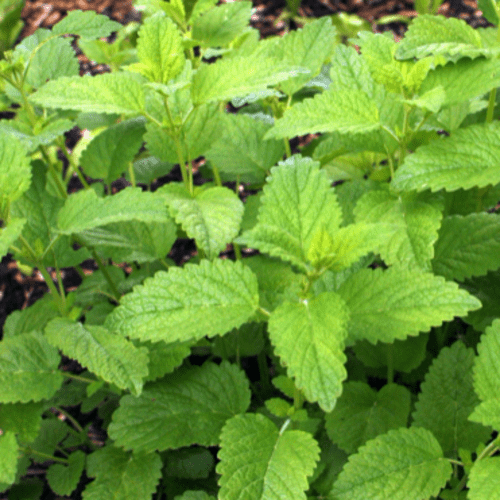
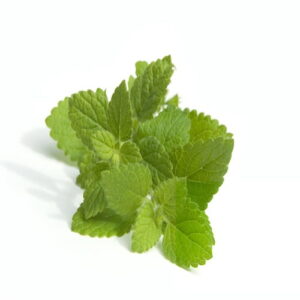
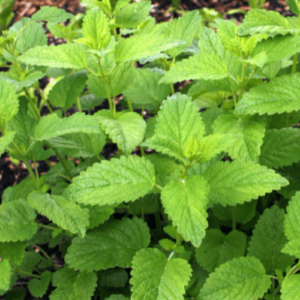
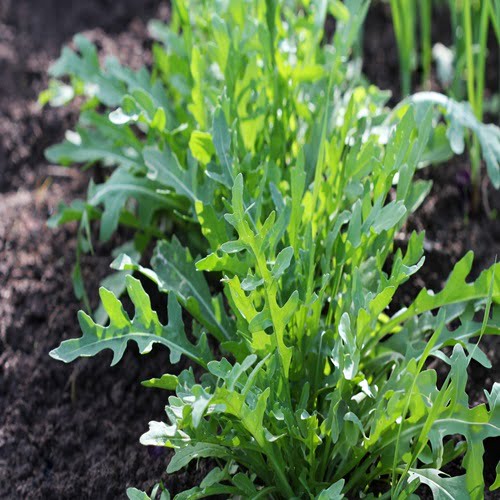

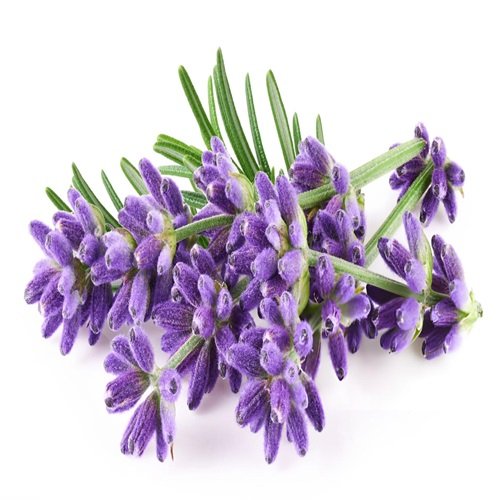
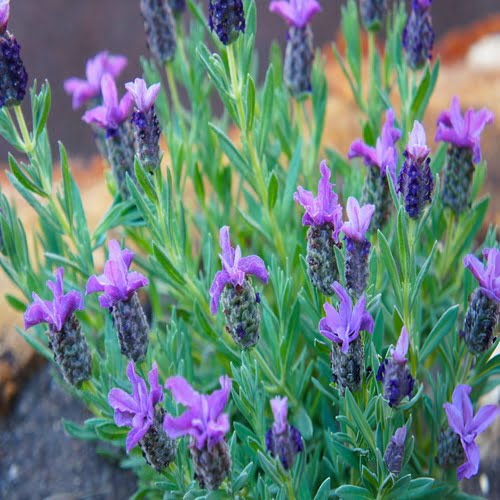
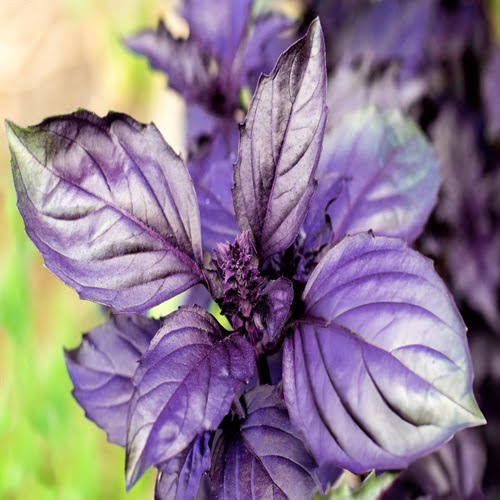
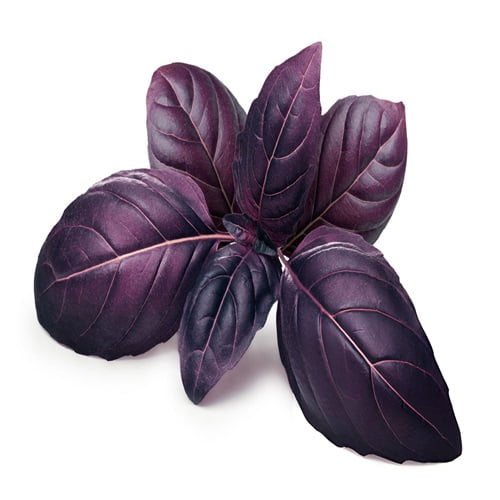
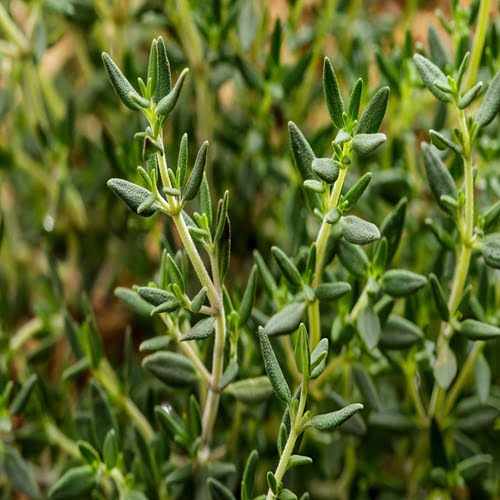


Reviews
There are no reviews yet.